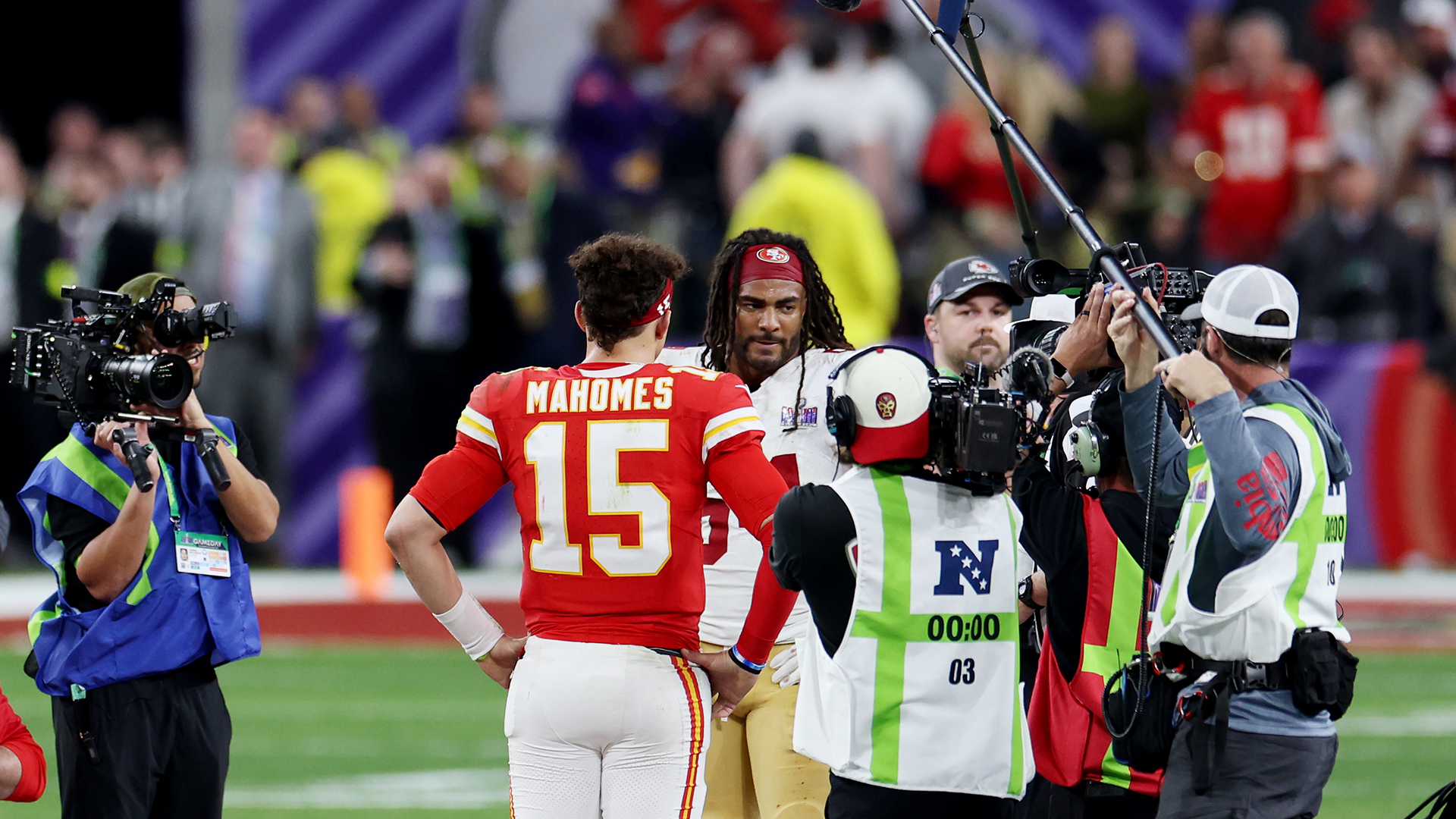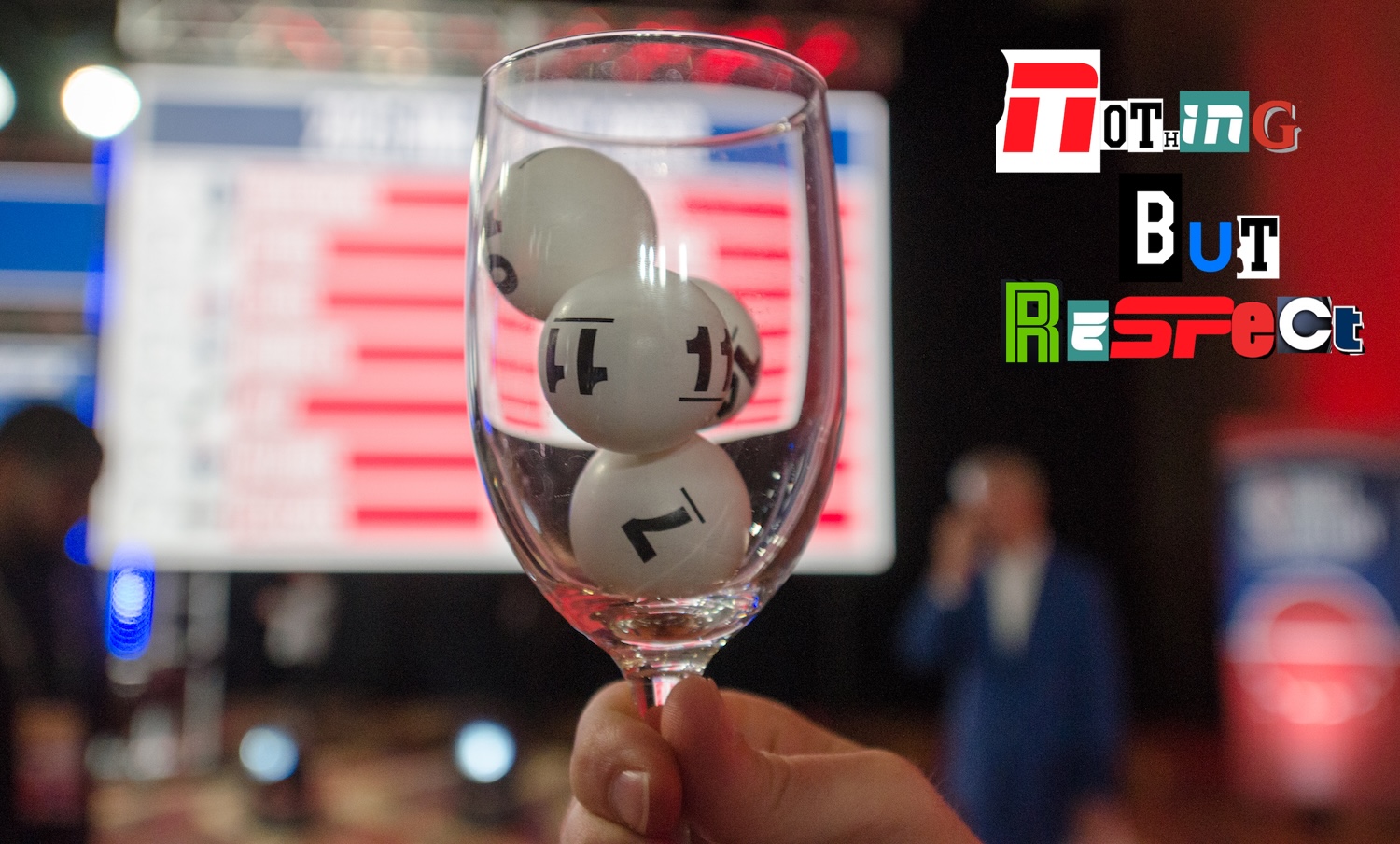The end of regulation in Super Bowl 58 was notable for two reasons. The first is that it was only the second Super Bowl in history to go to overtime. The second is that it was the first time that the new playoff overtime rules, enacted after the 2022 season, came into play. In the new ruleset, both teams get one possession with the ball, and if the game remains tied after that, it reverts to the usual sudden death. The Chiefs, perhaps due to the rule being changed after their win over the Bills in the 2022 postseason, understood the strategic nuances of the situation and came out for the overtime coin toss with a plan of attack: Defer the ball and play defense first, so as to have a precise understanding of how many points needed scoring on their offensive possession. The 49ers had no such understanding or plan, and elected to receive the ball first after winning the coin toss.
The Ringer's Lindsay Jones wrote in the hours after the Chiefs won the Super Bowl 25-22 that at least some Niners players were unaware of the change to the postseason overtime rules. She wrote that defensive lineman Arik Armstead found out during the break between regulation and overtime, while ESPN reported that fullback Kyle Juszczyk was also caught off guard: "You know what? I didn't even realize the playoff rules were different in overtime. I assume you just want the ball to score a touchdown and win. I guess that's not the case. I don't really know the strategy there. We hadn't talked about it, no." Compare that to Chiefs safety Justin Reid: "We've talked about it all year. We talked about it in training camp about how the rules were different in regular season versus the playoffs. Every week of the playoffs we talked about the overtime rule."
It's safe to assume that more than just those two Niners players didn't get what had changed, or at least didn't factor the changes into the coin-toss decision. Head coach Kyle Shanahan did apparently have a reasoning that formulated his team's strategy, but the assumptions made in the forming of that plan were misguided. Essentially, the Niners were playing under the belief that both teams would score a touchdown (and an extra point) on their respective first drives, and so having the ball when the game turned to sudden death would be an advantage.
This is true, on paper. In practice, though, the strategy runs into two problems. The first is the assumption that both teams would score touchdowns. While the final score ended up being in the 20s, Super Bowl 58 belonged mostly to the defenses, which shut down the respective offenses for most of the game. Sure, both of the defenses were tired by overtime, but it wouldn't be unreasonable to think that the Chiefs defense could hold the Niners to just a field goal or, even worse, a punt. The latter almost happened—San Francisco was bailed out by a defensive holding call on third down early in its first and only overtime drive—but the former did. The Niners could have then held the Chiefs to a field goal of their own, and then the "getting the ball third" gambit that Shanahan and his team of coaches and analysts decided on would come into play.
However, as Jones reports, this plan also runs into a problem. The Chiefs came into the coin toss always knowing they would give the Niners the ball and then try to win on their own drive, no matter what. Lineman Chris Jones said as much: “We talked through this for two weeks. How we was going to give the ball to the opponent; if they scored, we was going for two at the end of the game. We rehearsed it.” If both teams had scored a touchdown, the Niners were never getting the ball back anyway because Kansas City would shrink the Super Bowl to one two-point conversion.
The only benefit the Niners could have really gotten from taking the ball first was giving their defense a rest. The Niners did manage to keep their defense off the field for over seven minutes while the offense drove toward an eventual field goal, but whatever advantage that period of rest may have conveyed didn't show up once Mahomes and the Chiefs offense got on the field.
This is why college football teams almost always choose to defend second in their version of overtime. While that one doesn't have too many similarities with the NFL's new postseason tiebreaker—since teams start at the opposing 25-yard line, something like "resting the defense" becomes less important because they will never have to be on the field for a long time—the fact that both teams get at least one possession does hold true across both rules. It's an advantage to know that you have four downs to play with as the second team to take the field on offense—as Jones pointed out, Kansas City went for it on fourth-and-1 from their own half of the field—and to have the ability to end the game, one way or another, after a touchdown. These are the decisions that add up to mean a lot in a game that was decided in the margins, and San Francisco flubbed this through a lack of preparation.






